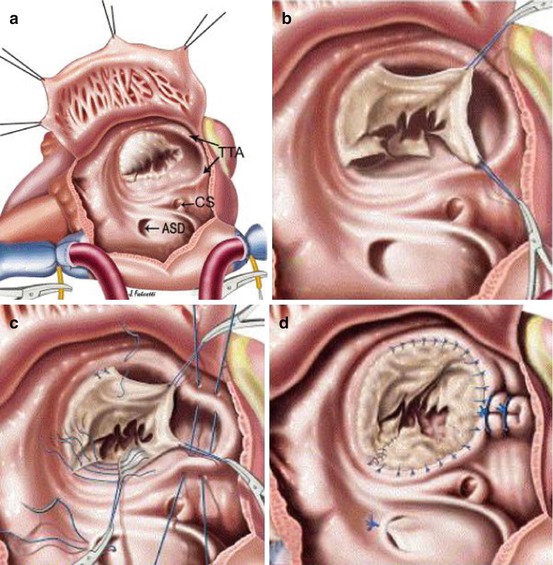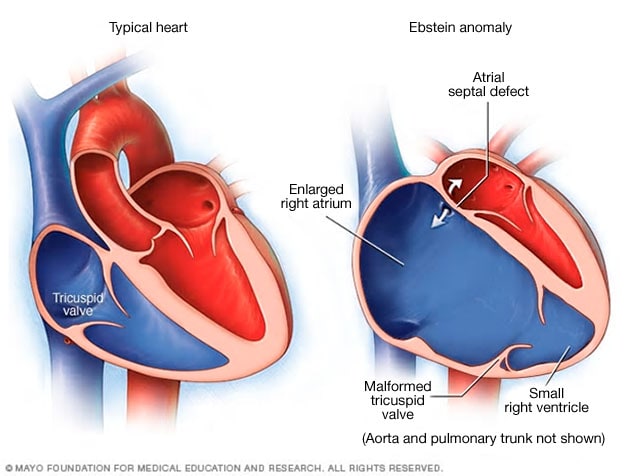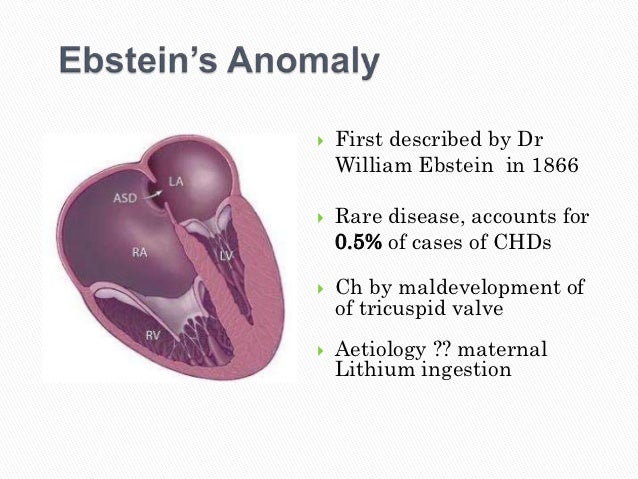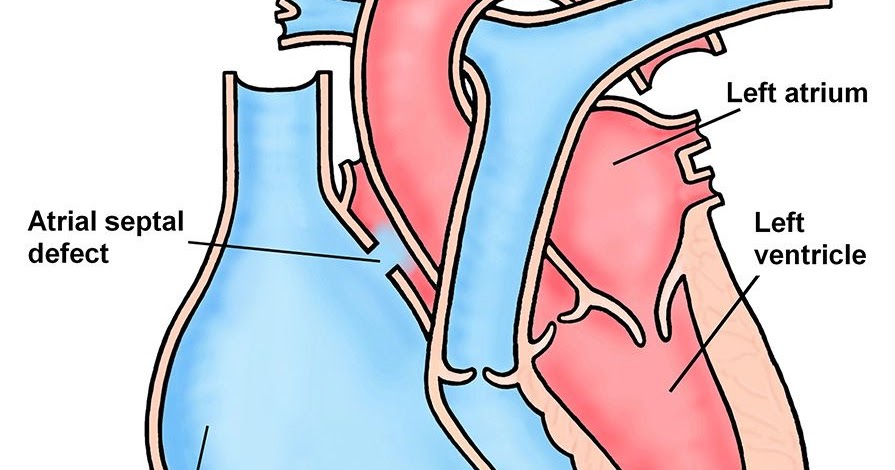


This test uses a tube with a tiny sound device (transducer) inserted into the part of your digestive tract that runs from your throat to your stomach (esophagus). Sometimes, a transesophageal echocardiogram is done. It shows the structure of your tricuspid valve and the blood flow through your heart. This test uses sound waves to produce detailed images of your heart. Your doctor might recommend several tests, including:Įchocardiogram. However, your doctor or your child's doctor will likely refer you to a doctor who specializes in treating heart conditions (cardiologist) to determine the cause. If you or your child doesn't have signs or symptoms of heart trouble, the doctor might suspect a problem only after hearing abnormal heart sounds during a routine physical exam.Ībnormal heart sounds, such as a heart murmur, aren't usually cause for concern. Sometimes, other treatments for your condition or symptoms may be recommended before you become pregnant. Together, you and your doctor can decide how much monitoring you need throughout pregnancy and childbirth. Rarely, severe complications can develop that can cause death to mother or baby.

But pregnancy, labor and delivery put additional strain on your heart. Many women with mild Ebstein anomaly can safely have children. If you're planning on having a baby, talk to your doctor. Depending on your signs and symptoms, your doctor might recommend that you avoid certain competitive sports, such as football or basketball. If your heart size is nearly normal and you have no heart rhythm disturbances, you can probably participate in most physical activities. Taking a few precautions before playing sports or becoming pregnant may help prevent complications. However, possible complications of Ebstein anomaly include: Mild Ebstein anomaly may not cause any complications. People with WPW syndrome have an abnormal electrical pathway in the heart that can lead to fast heart rates and fainting spells. Sometimes, a very fast heart rhythm causes fainting spells (syncope). An abnormal heart rhythm or rapid heartbeats make it difficult for the heart to work properly, especially when the tricuspid valve is leaking severely.
#EBSTEIN ANOMALY SKIN#
These holes can decrease the amount of oxygen available in your blood, causing a bluish discoloration of the lips and skin (cyanosis). It can remain open in some people without causing issues. A PFO is a hole between the upper heart chambers that all babies have before birth that usually closes after birth. Many people with Ebstein anomaly have a hole between the two upper chambers of the heart called an atrial septal defect or an opening called a patent foramen ovale (PFO). Other heart conditions associated with Ebstein anomalyĬommon associated heart conditions include: Some people have a mildly abnormal valve. The location of the valve and how poorly it's formed varies from person to person. This can lead to blood leaking backward into the right atrium (tricuspid valve regurgitation). This makes it so that a portion of the right ventricle becomes part of the right atrium, causing the right atrium to enlarge and not work properly.Īlso, the tricuspid valve's leaflets are abnormally formed. In Ebstein anomaly, the tricuspid valve sits lower than normal in the right ventricle. The tricuspid valve normally sits between the two right heart chambers (right atrium and right ventricle). On the other side of your heart, oxygen-rich blood from your lungs flows into the left atrium, through the mitral valve and into the left ventricle, which then pumps the blood to the rest of your body. Blood then flows through the tricuspid valve into the right ventricle, which pumps the blood to your lungs. Oxygen-poor blood from your body flows into the right atrium. A closed valve prevents blood from flowing to the next chamber or from returning to the previous chamber.

Each valve consists of two or three strong, thin flaps (leaflets) of tissue. The two lower chambers (ventricles) pump blood.įour valves open and close to let blood flow in one direction through the heart. The two upper chambers (atria) receive blood. To understand how Ebstein anomaly affects your heart, it helps to know how the heart works to supply your body with blood. Regional Neonatal Intensive Care Unit (RNICU)Įbstein anomaly is a heart defect that you have at birth (congenital).Hospitalists & Internal Medicine Physicians.


 0 kommentar(er)
0 kommentar(er)
